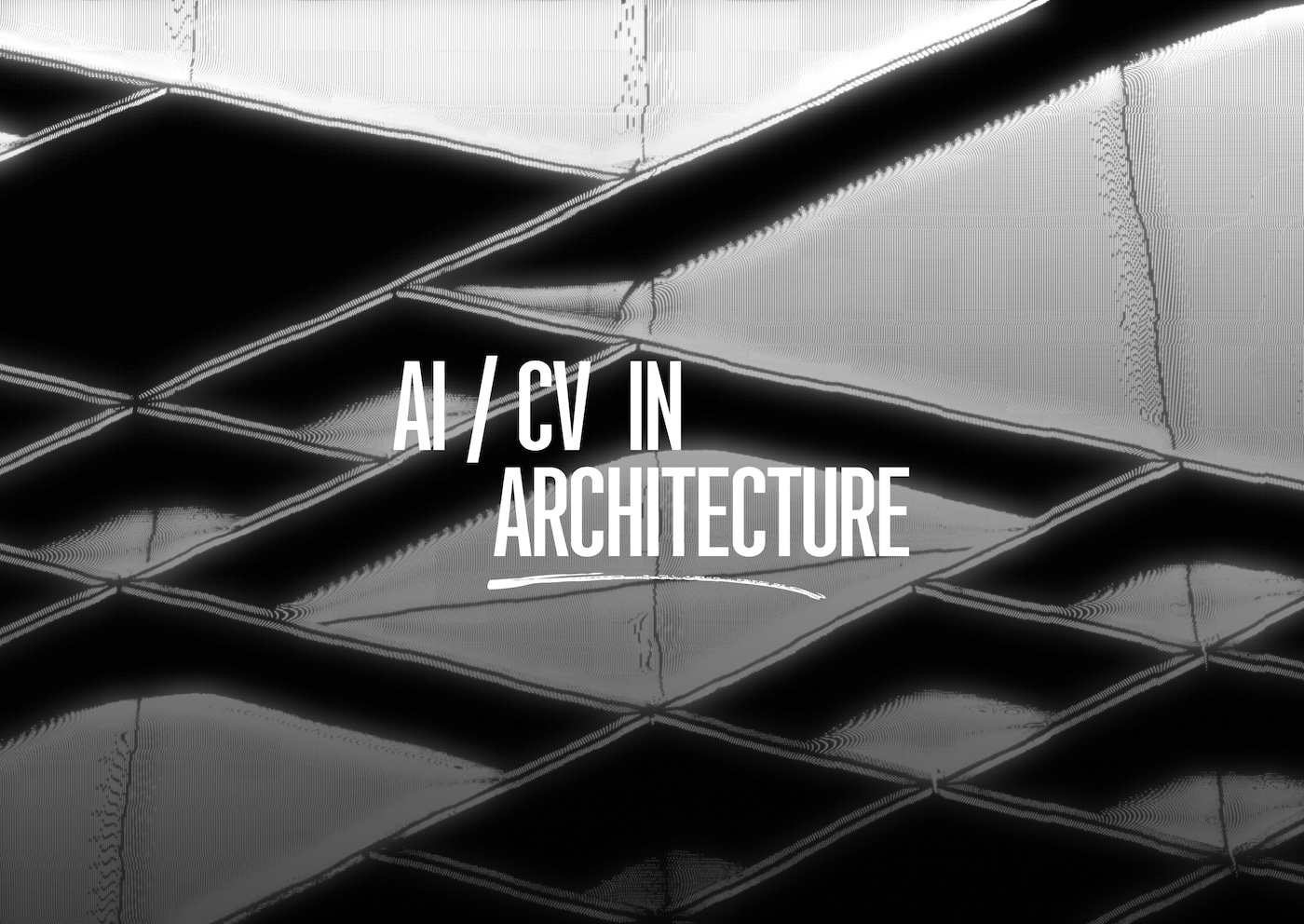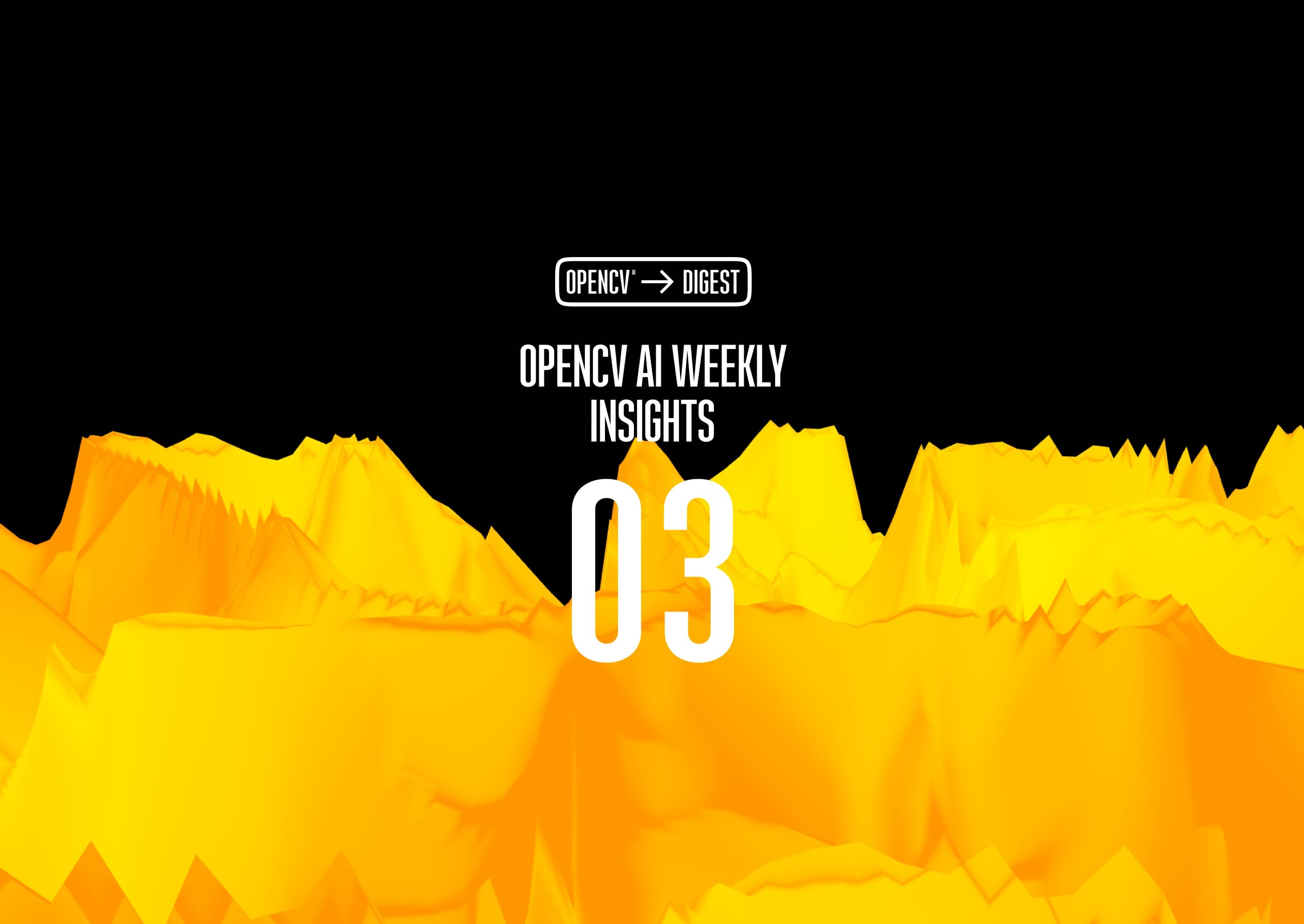

Our aim is to keep you up to date with the latest news and developments in the world of Artificial Intelligence. Whether you're an experienced AI enthusiast or just starting to explore the world of AI — our digest is designed to keep you informed and inspired 🔥
Are you prepared to embark on this week's journey through the AI landscape? Let's delve into the groundbreaking advancements that are revolutionizing the realm of AI!

Facebook recently released Code Llama, a language model that generates and discusses code through text prompts. It can help developers work faster and more efficiently, and assist beginners in learning coding. Code Llama is a version of Llama 2 that has been trained on code-specific datasets to enhance its coding capabilities. It supports code generation, natural language about code, code completion, and debugging while working with popular programming languages like Python, C++, Java, and others.
Facebook also fine-tuned two additional variations of Code Llama: Code Llama – Python and Code Llama – Instruct. Code Llama – Python is specialized for Python code generation, while Code Llama – Instruct is designed to better understand natural language instruction inputs.
Code Llama supports software engineers in various sectors, including research, industry, open-source projects, and businesses. Facebook intends to inspire others to use Llama 2 to create innovative tools for research and commercial products.
Source: Facebook News Article

Hugging Face has raised a substantial $235 million in a recent funding round, bringing its total valuation to a staggering $4.5 billion. Tech giants Google and Amazon were among the contributors supporting the AI firm's rapid growth.
The substantial valuation and impressive support base of Hugging Face illustrate an emerging trend toward a more collaborative method of building AI. Hugging Face offers a platform for sharing code, models, and datasets. This platform includes developer tools that make it easier to use open-source AI models. Hugging Face's website lets users upload models and their weights, and they also create software tools (libraries) for tasks like cleaning large datasets or assessing model performance.
It hosts a variety of AI models, capable of generating music, and images, translating languages, and identifying objects. The platform offers 500,000 AI models, and 250,000 datasets, and has 10,000 paying customers.
The investments emphasize Hugging Face's crucial role in shaping the future of AI development and deployment. As tech giants come together to promote AI advancements, the wider AI community stands to gain from the rapid growth of this transformative technology.
Source: CNBC Article

Developers can now use the fine-tuning capability for GPT-3.5 Turbo, which allows them to customize models to their specific use cases and scale them as needed. According to preliminary tests, a fine-tuned GPT-3.5 Turbo can perform certain specific tasks as well as, or even better than, a base GPT-4 model. All data processed through the fine-tuning API is owned by the customer and is not used by OpenAI or any other entity for training other models.
GPT-3.5 Turbo now offers fine-tuning for custom user experiences. This feature improves model performance in areas such as:
• Increased steerability: Improve compliance with instructions, e.g., always responding in a specific language.
• Consistent formatting: Improve the model's response formatting ability.
• Custom tone: Refine the qualitative aspects of the model's output to match a business's brand voice.
Fine-tuning also enables shorter prompts without performance loss. This, combined with other techniques, can enhance the API call speed and reduce costs.
Source: OpenAI Blog Article

Midjourney has recently introduced a new AI image generation capability that competes directly with Adobe Photoshop's generative fill feature. This new tool allows users to effortlessly introduce new elements into existing images while maintaining a seamless result.
Midjourney's vary (region) feature is particularly noteworthy as it enables users to modify specific regions of an image for a more customized result. Users can easily select the area they wish to modify with a selection tool and the AI will re-generate that specific region. Additionally, users can use text to create a brand-new region within the image.
Although Adobe Photoshop remains the preferred software for image editing, Midjourney's new feature is quickly gaining popularity. While the infill tool is limited to Midjourney images only and offers fewer tools compared to Photoshop, it is more cost-effective.
As with any new tool, mastering the new features may present a challenge, but Midjourney provides helpful tips to make the process easier. For example, the vary (region) tool works best on larger areas, while the 'vary (subtle)' tool is more effective for smaller changes. It is also recommended to keep any changes relevant to the image context.
Source: Midjourney Documentation
So, buckle up and get ready to dive into the AI universe. Stay tuned for more! Your weekly dose of AI knowledge is just a scroll away.
See you in the next edition!
